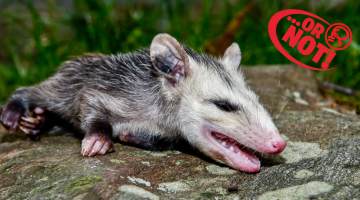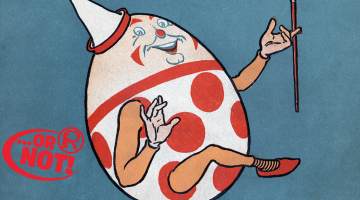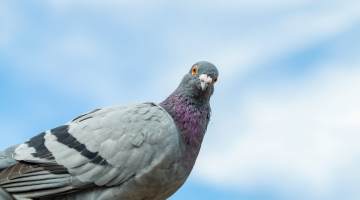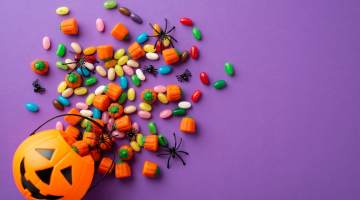It’s Thanksgiving and you’ve just stuffed yourself to the brim with turkey, potatoes, stuffing, cranberry sauce, and just about everything else on the table. And then, they bring out the pie. Eh, you still have some room—let’s be honest, there’s always room for pie. Even when your pants’ button is about to pop, your “dessert shelf” is still empty. So, why does our brain tell us it’s okay to eat the pie, even after the grandest spread of the year?
You can thank your appetite-producing hormone, ghrelin.
Dessert Confuses Our Hormones
Basically, there are two energy balancing hormones that control our body’s want and need for more food: leptin and ghrelin. Leptin is a mediator of long-term energy balance regulation produced in fat cells and other types of tissue. It suppresses appetite and is our natural instinct to stop eating when we’re full. Ghrelin, on the other hand, is a fast-acting hormone, that plays a role in meal initiation. It is produced by cells lining the stomach and induces appetite.  When our levels of ghrelin are high in the bloodstream, we feel hungry. After we fuel our bodies with food, ghrelin levels go down and leptin levels go up—we’re full! At least, this is supposed to be how things work. But that doesn’t explain why we still crave the pumpkin pie after our Thanksgiving feast.
When our levels of ghrelin are high in the bloodstream, we feel hungry. After we fuel our bodies with food, ghrelin levels go down and leptin levels go up—we’re full! At least, this is supposed to be how things work. But that doesn’t explain why we still crave the pumpkin pie after our Thanksgiving feast.
To no surprise, when our body is confronted with the temptation of sweets, these hormones get a bit confused. There’s a good chance ghrelin could be leading us to eat high-fat, high-calorie, sugary treats—like pumpkin pie—even when our stomachs are full. Researchers suggest that it’s because ghrelin increases specific reward aspects of eating. Basically, eating dessert gives us all the warm and fuzzy feelings; go figure.
The Fat Mice Study
Researcher, Jeffrey Zigman, explains that rewards, like pumpkin pie, give us sensory pleasure and motivate us to work to obtain them. The effects of ghrelin on overeating were tested by conducting studies using mice.
Scientists observed whether mice that were full of food preferred a room where they previously found high-fat pellets versus a room that had regular bland food. When the mice were injected with ghrelin, they preferred the room with the fatty food. The mice without the ghrelin had no preference. These findings suggest that the mice with ghrelin pursue fatty food because they remember how pleasurable it was. The continued to return to the area that contained the fatty foods, while the uninjected mice gave up on the treats much easier.
Treat Yo’self
While ghrelin doesn’t give a totally complete answer as to why we’re able to scarf down dessert after a whole plate of turkey, this hormone certainly plays a role in it. Other research suggests that ghrelin stimulates stress-eating or reward-eating—A.K.A. “I deserve this pie.” Maybe we’re treating ourselves after a long week at work or the end of a pre-holiday diet or for surviving a period of stress or anxiety; no matter what the reason may be, we always have a reason for indulging in some dessert. So when you go around the table with friends and family discussing what it is you’re thankful for, you can proudly say “ghrelin,” and take that last bite of pie.
So when you go around the table with friends and family discussing what it is you’re thankful for, you can proudly say “ghrelin,” and take that last bite of pie.










Hopefully this article will help me to make better food choices and help me to loose weight. Thank you